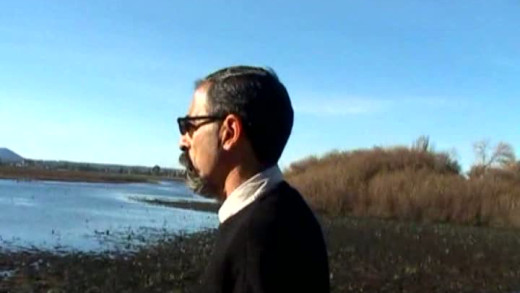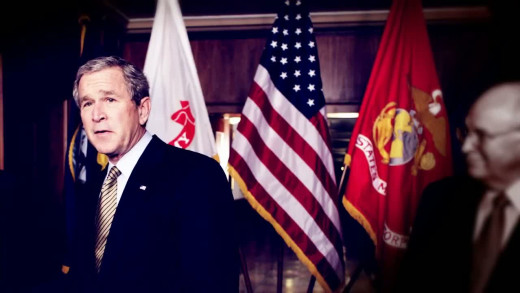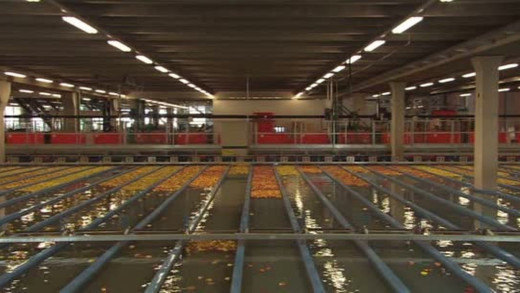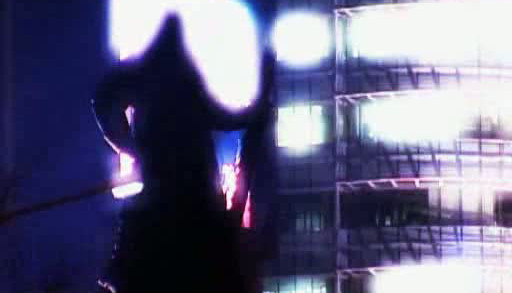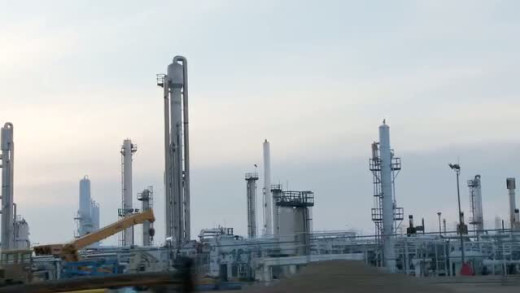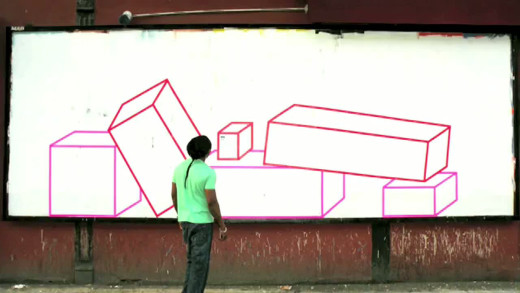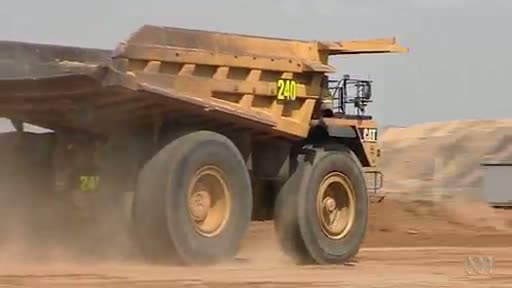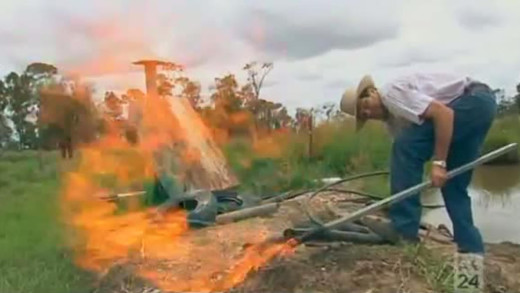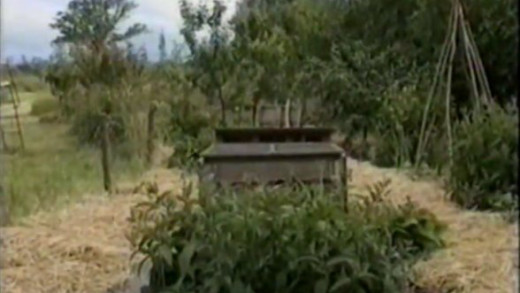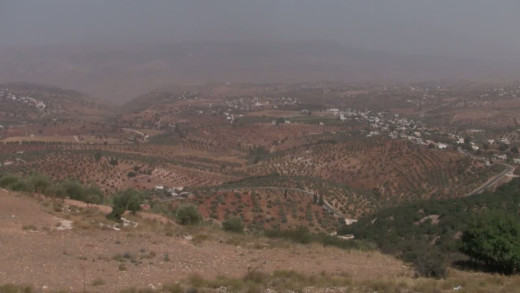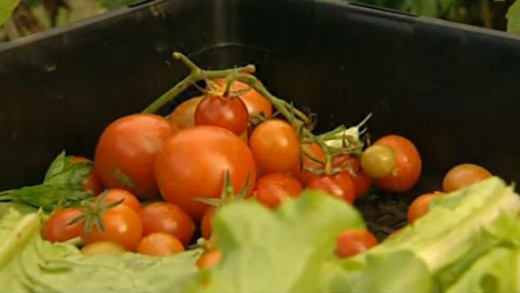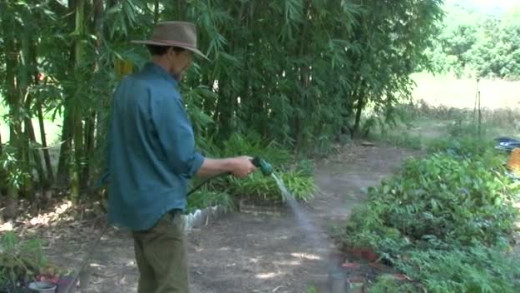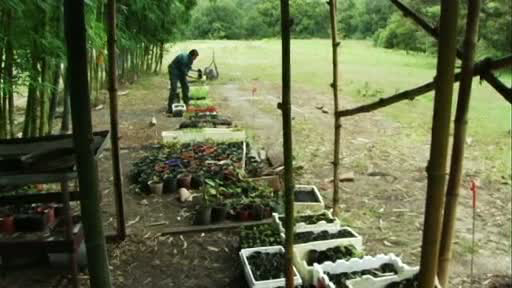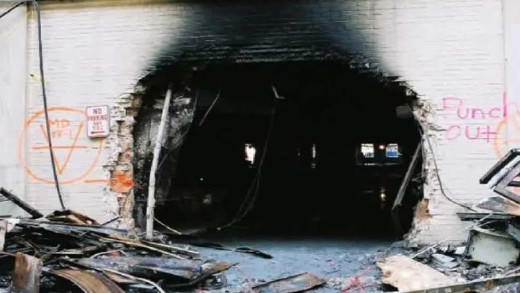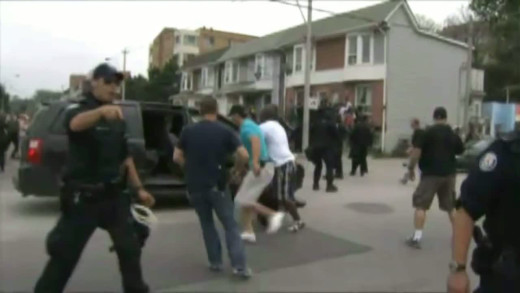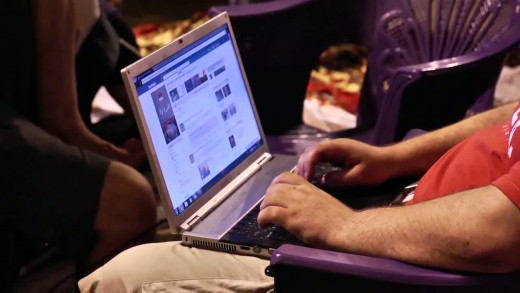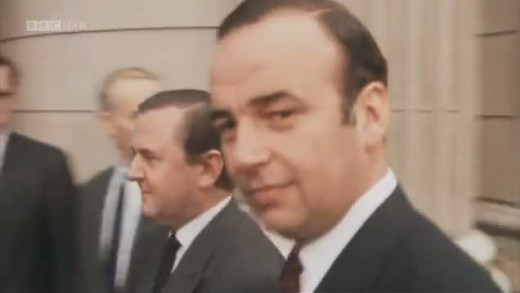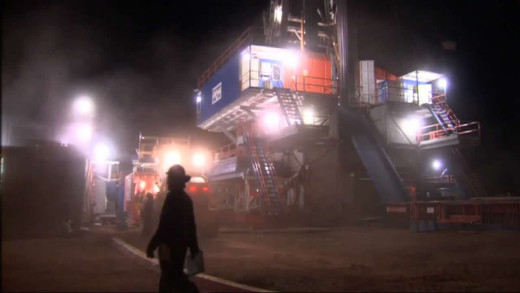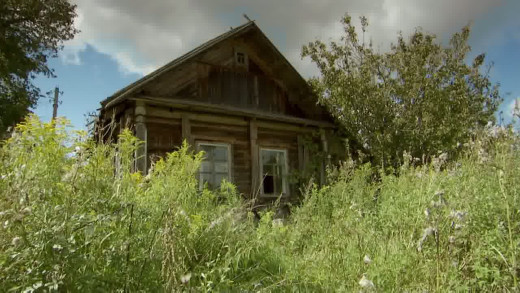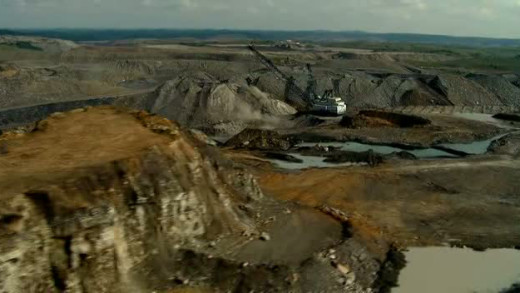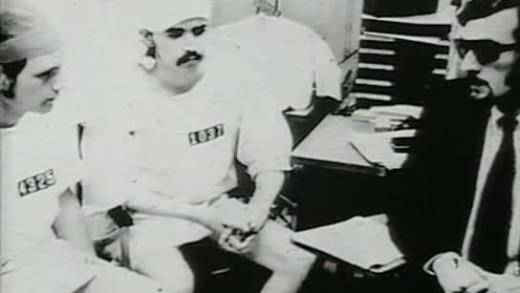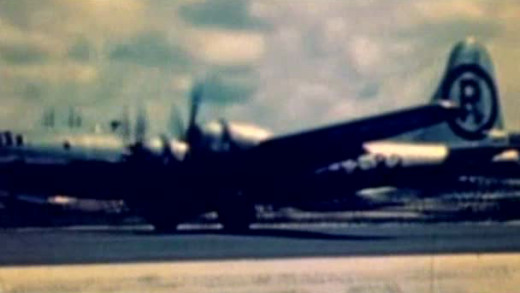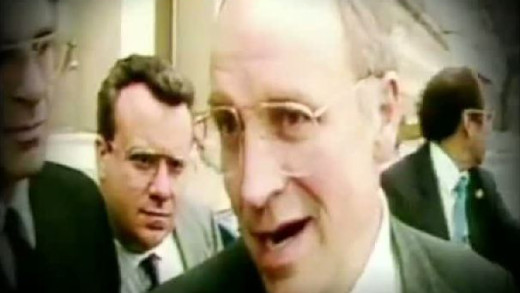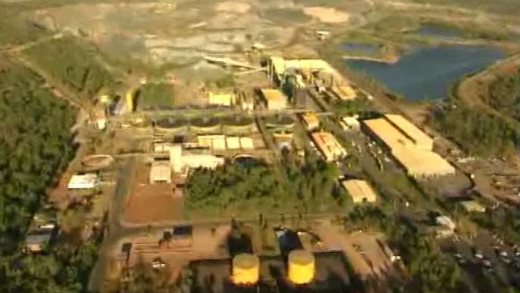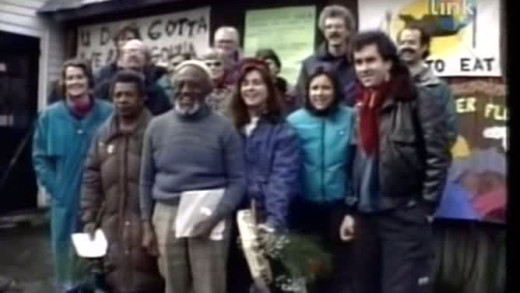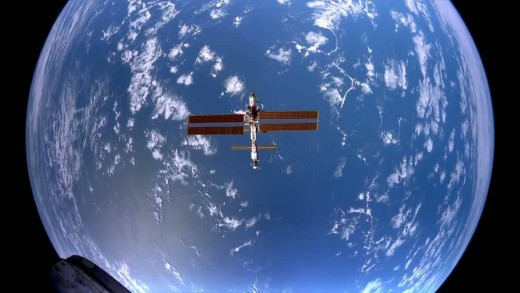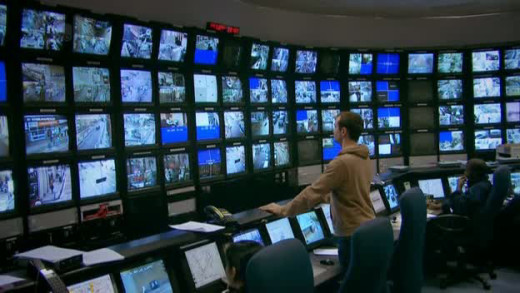Payback Time
Payback Time recounts the experiences of Ramin Bakhtiarvandi as an asylum Seeker in Australia's Detention Centres from June 2000. After his release from a 4 year long detention, Ramin receives a $227,000 bill from the government. Payback Time raises serious questions about the conduct of the Australian Government to this day when dealing with asylum seekers, as well as revealing the harsh realities of a racist culture and complicit mainstream media.
To this day, questions remain about what really happened in New York and Washington DC on 11th September 2001. All over the world and over a decade later, people still question the official story and the veracity of the explanations given for the events that took place that day. The Sensible Doubt meets with 6 Danes who talk about their doubt and scepticism of the official story espoused by the United States government and global mainstream media, and how they've come to their conclusions...
Welcome to the world of industrial food production and high-tech factory farming. Set to the pace of conveyor belts, immense machines, surreal landscapes and bizarre sounds, Our Daily Bread takes an inside look at the industrial environment that mass-produces today's food. Made entirely of visuals, without commentary, this film provides a raw view of the strange realities of industrial food production, which isn't always easy to digest...
What Would Jesus Buy is an examination of consumerism with a specific focus on Christmas in America. The film follows culture jamming outfit 'Reverend Billy' from the Church of Stop Shopping and the gospel choir which embark on a cross-country mission to "save Christmas from the Shopocalypse". Also discussed on the way are related issues such as the role sweatshops play in America's 'Big-Box' shopping culture. From the humble beginnings of preaching at his portable pulpit on New York City subways, to having a 'congregation' of thousands, Bill Talen (Rev. Billy) has inspired not just a 'church', but a national culture jamming movement...
From the front-lines of conflicts in Mexico, Argentina, South Africa, Palestine, Korea, and the North; from Seattle to Genova and the "War on Terror" in New York, Afghanistan, and Iraq, The Fourth World War documents the stories of women and men all around the world who resist being annihilated in this war. Centred around economics and systems such as NAFTA, GATT, the G20, APEC and others, this is a war which plays along with the spread of rapacious globalisation, a feat that has pervasive consequences in the real world...
The Sky Is Pink
As an emergency short film following up Gasland, film maker Josh Fox returns to the urgent crisis of drilling and fracking throughout the United States and the world. Induced hydraulic fracturing or 'hydrofracking', commonly just known as 'fracking', is a technique used to release petroleum, natural gas, shale gas, tight gas, coal seam gas, and other substances for extraction. The Sky Is Pink returns to the issues of water contamination and the cataclysmic environmental impacts caused by fracking to show again first hand evidence of widespread ecological damage and the threat of more to come unless we stop it...
My Public Space is a short film following a local artist in New York City, documenting the effort to reformat the visual pollution of advertising into public artwork spaces...
It's been described as the boom that keeps on giving -- an export bonanza that will help Australia ride through a world-wide economic downturn. All across Australia, workers have left their jobs to make big money in the mining industry. In the rush to exploit vast natural resources, employers have all but set aside the idea of building and supporting communities, instead they pay big wages to fly-in, fly-out; drive-in, drive-out workers, encouraging them to work long shifts, leaving them with little reason to become part of a local community...
With access to undercover filming, The Gas Rush reports on a group of farmers and local townspeople in Queensland, Australia who want to halt the rapacious rush for coal seam gas. With scenes similar to that in Gasland -- corporate deceptions, contaminated water supplies, toxic fracking chemicals, leaky wells and people setting their water on fire -- The Gas Rush illustrates the fact that the drive to extract gas is not only happening in the United States...
Permaculture In Practice shows how the design of ecologically sustainable ways of living can be practised in four very different settings around the UK: A Hampshire back garden including fruit trees, vegetables, bees, chickens and ducks; in the city at Bradford close to a housing estate with 10,000 residents; a community co-op in Devon, which involves a café, allotments and local composting scheme; and a small farm in the Forest of Dean where local distribution schemes ensure a close link between grower and eater, including meat production, a vegetable box scheme and locally produced charcoal.
Greening The Desert follows permaculturalist Geoff Lawton and his team to the Jordan desert where they transform 10 acres of the arid desert into a lush, thriving, food producing garden. In a massive transformation, the team develops a system to harvest rainwater, creates swells with over a foot of mulch and designs the system to reduce salt levels in the soil dramatically—only a few miles from the Dead Sea.
"Permaculture is a practical approach to the problems facing modern society, based on a philosophy of 'think global, act local'. This video documents the transformation of a bare suburban house in Perth, showing practical examples from start to finish of how to grow organic food sustainably, how to reduce and incorporate household waste, evaluate energy consumption, and recreate habitat for other life."
Introduction To Permaculture provides an overview of some practical examples of permaculture design, while following the interwoven themes of ethics, community, planning and ecology. The film follows Geoff Lawton who is a permaculture consultant, designer and teacher in Australia and throughout the world, demonstrating some of the possibilities of permaculture design and how it can transform the way we eat and live...
Going from classroom to real world, Establishing A Food Forest The Permaculture Way explains the patterns of a Food Forest and the essential principles of building a self-sufficient, sustainable way to eat. The film ends up at Tagari Farm which was abandoned years ago, but planted according to permaculture design principles. Did the Food Forest survive on its own?
9/11 -- Beyond A Reasonable Doubt provides a summary of evidence from various sources against the official account of what happened on September 11, 2001. The film is assembled using clips from several other documentaries, news reels and archive footage to provide an example of the overwhelming evidence that contradicts statements made by official sources.
In June 2010, leaders from the twenty largest economies met in Toronto, Canada with representatives of corporate interests to discuss the policies that shape globalisation. With exclusion zones, overlapping layers of security fencing and an estimated 25,000 police and military personnel, the city was transformed into an armed grid. Over 1.3 billion dollars were spent on security measures -- more than all previous G8 or G20 meetings combined. Tales From The G20 shows some sides of the Summit, from unmarked vans with snatch squads of plainclothes police to the pre-emptive arrest of people now facing years in prison for organising demonstrations or simply being on the street...
Centred around the concept of open computer networks that contradictorily end up running closed corporate-controlled communication portals like Facebook and Twitter, Free The Network follows two young men who camp out at Zuccotti Park building wireless access points to connect their devices as part of the 'Occupy movement.' Through interviews along the way, Free The Network examines the current state of the Internet in the midst of the protest, and shows how the myth of the 'democratisation of technology,' along with the widespread emergence of clicktivism, is a flawed framework for driving social and political change...
This short film uses the history and figure of the Murdoch media empire as a vast invasive machine, to draw parallels to new media machines such as Google that are not only more invasive, but more pervasive than anything the Murdoch media empire has managed. Why are we not more concerned about this?
Spreading beneath Southlake in Texas, and a chain of other areas throughout, is an oil and gas rich Eldorado called the Barnett Shale field. Mining and energy companies are literally stampeding for a piece of the action with gas drilling and wells sweeping across the United States. Meet The Frackers travels through North America's suburban heartland to show the impact of a process called fracking, which is taking place on a panoramic scale. The parallels apply to Australia and elsewhere, where fracking is also spreading rapaciously with the drive to exploit sources such as coal seam gas. There's many warnings to be heeded from the ecological impact that's already been catastrophic throughout the United States, as one can see...
In 1986, a catastrophic nuclear accident occurred at the Chernobyl Nuclear Power Plant in Ukraine. An explosion and fire released large quantities of radioactive contamination into the atmosphere, which spread over much of Western USSR and Europe. Life After Chernobyl uses this event to show how wild nature reacts and survives when the world is suddenly rid of the impacts of industrialisation. Travelling to the site of Chernobyl, animals return, forests regrow, buildings disintegrate into grass -- perhaps saying in a rather horrific way that a nuclear accident is better for the natural world than industrial civilisation...
The Last Mountain follows the fight for the last great mountain in North America's Appalachian heartland where mining giants that want to deforest and explode it to extract the coal inside are faced with a community fighting to preserve the mountain. The film considers the health consequences and environmental impacts of mining, burning coal for electricity, also looking at the wider context and history of environmental laws in the United States.
In the summer of 1971, Philip Zimbardo, Craig Haney, and Curtis Banks carried out a psychological experiment to test a simple question: What happens when you put ordinary people in positions of power, enabling abuse? Does humanity win over evil, or does evil triumph? To explore this, student volunteers were selected and randomly assigned to play the role of prisoner or guard in a simulated prison at Stanford University. Although the students were mentally healthy and knew they were taking part in an experiment, some guards quickly became sadistic, while prisoners showed signs of acute stress, depression and trauma. After only six days, the planned two-week study was a disaster...
60 years after the United States dropped nuclear weapons on Hiroshima and Nagasaki in Japan, the events are still espoused with denial and myth in histories taught by the west. White Light, Black Rain breaks this acquiescence and accounts the bombings from the point of view of the people who were there, speaking with survivors of the attacks and four American military men that were intimately involved in dropping the bombs. The film intimately details the human costs of warfare and stands as a powerful warning that with enough present-day nuclear weapons worldwide to equal 400,000 Hiroshimas, we cannot afford to forget what really happened with these events.
Ethos
From conflicts of interests in politics and collusion with corporate power, to a global mainstream media that serves the interests of a powerful few, Ethos explores aspects of the machinations of today's global systems that work against democracy, the natural environment and lead populations into consumerism and warfare...
Fight For Country tells the story of one of Australia's largest ever land rights and environmental campaigns, to stop the building of a second uranium mine within the World Heritage listed Kakadu National Park in the Northern Territory, Australia. In 1998 the issue came to a head when Indigenous elders and activists called on people to come from around Australia and the world to blockade the construction of the mine and proposed 'uranium deposits', collectively called Jabiluka. The film follows activists and speaks with Aboriginal people about the impacts of the mine, following the community response and protest actions against the mines development, where over 500 people were arrested in the course of the eight-month blockade.
An Act of Conscience documents the story of two couples Randy Kehler and Betsy Corner who refused to pay income tax throughout the 1980s in an act of defiance against military spending and war. The film captures the support community that formed in response to the seizure of their home by the IRS, and the conflict with the young couple with a newborn who bought the home at a government auction. Was this an effective protest?
The dominant culture measures itself by the speed of "progress." But what if this so-called progress is actually driving the physical world towards full-force collapse? Surviving Progress shows how past civilisations were destroyed by progress traps—alluring technologies and belief systems that serve immediate needs, but ransom the future. As the total destruction of the environment accelerates and those in power cling to their power ever more tightly in denial, can this globally-entwined civilisation escape a final, catastrophic progress trap?
Film maker David Bond lives in one of the most intrusive surveillance states in the world -- Britain. When David receives a letter stating that both he and his daughter are amongst the 25 million residents whose details have been lost by the government in a massive data breach, David sets out to investigate some potential impacts of such data being lost in a society of mass surveillance. Erasing David documents the test where David hires two private detectives to track him down as he chooses to 'disappear' for 30 days to see if he can avoid being caught amongst the vast data trails generated by modern society...
